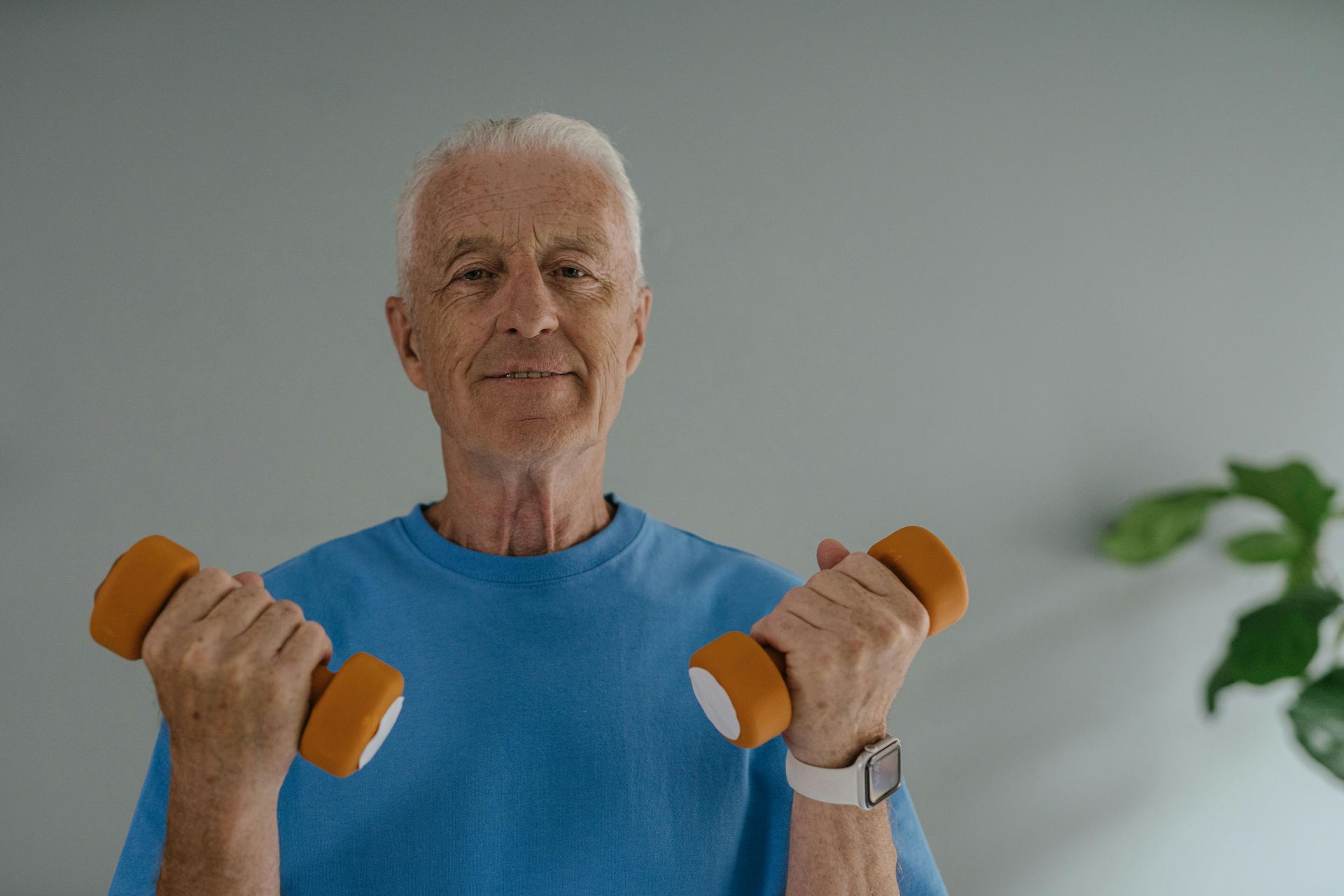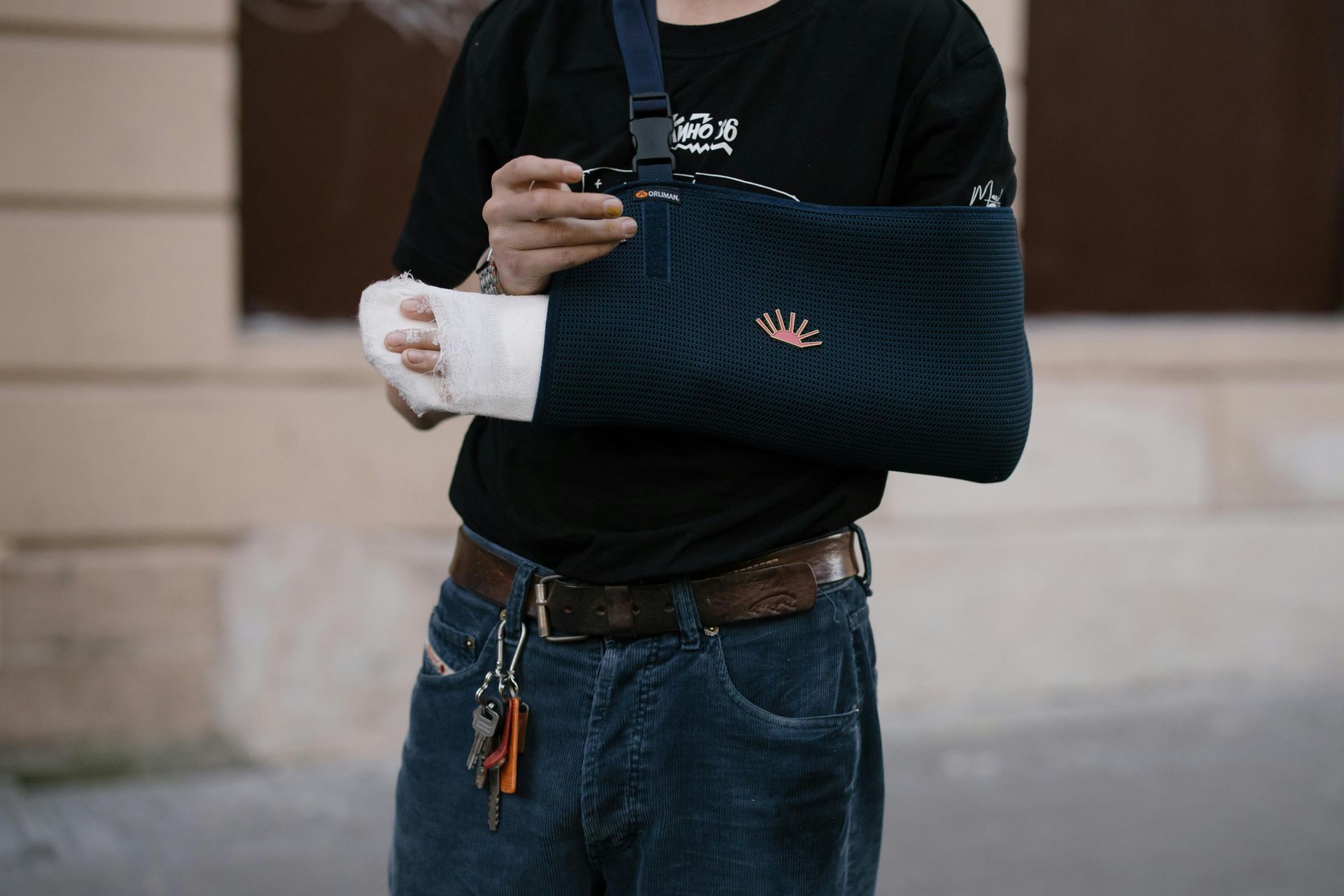The Excuse Trap: How Labels Can Limit Us
I recently had lunch with a friend who is an avid runner. Over a plate of grilled chicken and quinoa, he lamented how an ankle injury a year ago had thrown his fitness routine off track. "I can't run like I used to, and I've put on 15 pounds because of it," he said, a note of resignation in his voice.
This conversation struck a chord with me, as I had recently undergone knee surgery. The recovery process had kept me out of the water for several weeks, preventing me from swimming, my usual form of exercise. It also meant that my regular gym routine, which included deadlifts and squats, was off the table.
The Tale of Two Mindsets
However, my approach to this setback was markedly different from my friend's. While he saw himself as a "runner," and therefore felt incapacitated when he couldn't run, I never labeled myself as a "swimmer" or "deadlifter." My identity was not tied to a specific form of exercise but to a broader lifestyle choice: staying active and eating healthily.
When I couldn't walk post-surgery, I didn't throw in the towel. I had resistance bands at home and continued to work out for 60 minutes a day. As soon as I was able to walk, I adapted my gym routine to include exercises that my condition would allow. I also maintained my healthy eating habits.
This experience made me ponder the limitations that come with labeling ourselves too narrowly. My friend's identity as a "runner" initially served him well; it was the catalyst that got him out of bed and onto the streets every morning. However, when that identity was challenged by an injury, it became a stumbling block. His label turned into an excuse for inactivity.
The Excuse Trap
We often fall into what I call the "Excuse Trap," where we allow minor setbacks to derail our larger goals. If we can't do something perfectly, we abandon it altogether. This all-or-nothing mindset is not just limited to fitness; it permeates many aspects of our lives. If we can't meditate for 50 minutes, we won't meditate at all. If we can't eat the exact meal we had planned, we opt for fast food instead.
Is a 5-minute meditation session as effective as a 50-minute one? Probably not. But the gap between doing nothing and doing something—even if it's just for 5 minutes—is monumental. The same logic applies to exercise, eating, or any other activity that contributes to our well-being. Doing something, anything, is far better than doing nothing at all.
The key takeaway here is the fluidity of identity. Labels and identities can be useful; they give us a sense of direction and purpose. But they should not be rigid constructs that limit our potential or become excuses for inaction. We need to be willing to adapt and evolve, to redefine ourselves when circumstances change.
Think of your identity as a piece of clothing. It should fit you well and make you feel confident. But the moment it starts to feel tight or uncomfortable, you should be ready to change into something that suits you better. After all, you are more than any single label can capture.
Conclusion
As we finished our lunch, I shared these thoughts with my friend. I could see a shift in his expression, a glimmer of realization. "You're right," he said, "I've let my 'runner' label hold me back. I’ll have to rethink what being active means to me."
And that's the crux of it all. We are complex beings, capable of adaptation and growth. Don't let a label, no matter how well it once fit, become an excuse that holds you back. Be ready and comfortable in changing it, just like you would your clothes. Because you, my friend, are far more expansive than any single identity can capture.











